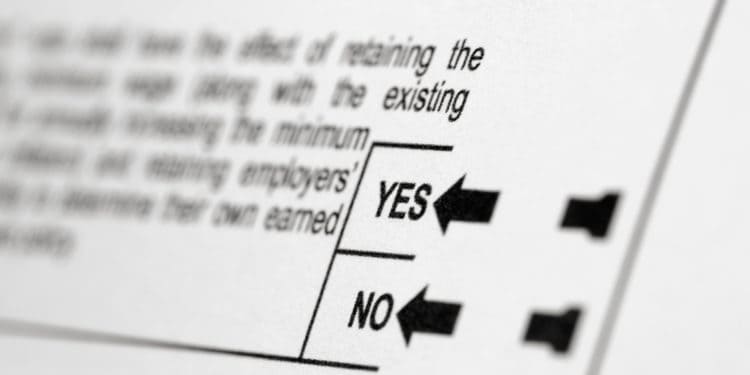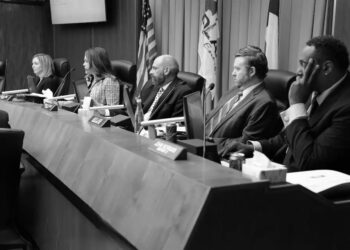Twenty measures made the November 3 ballots in top 100 cities (by population) related to local policing policies and funding. Ballotpedia outlined the topics tracked for this figure:
- police oversight;
- the powers and structure of oversight commissions;
- police practices;
- law enforcement department structure and administration;
- law enforcement budgets and funding allocation;
- law enforcement training requirements; and
- body and dashboard camera footage.
All 20 measures passed.
Measures of note include:
Measure J in Los Angeles County, California, which approved “annually allocating in the County’s budget no less than ten percent (10%) of the County’s locally generated unrestricted revenues in the general fund to address the disproportionate impact of racial injustice through community investment and alternatives to incarceration and prohibiting using those funds for carceral systems and law enforcement agencies as detailed in the ordinance adopting the proposed charter amendment, be adopted.” (Official text of the measure.)
Question 1 in Philadelphia, Pennsylvania, which approved that “The Philadelphia Home Rule Charter be amended to call on the Police Department to eliminate the practice of unconstitutional stop and frisk, consistent with judicial precedent, meaning an officer must have reasonable suspicion that a person is engaged in criminal activity in order to stop that person, and, therefore, an officer cannot stop someone unlawfully because of their race, ethnicity, gender, sexuality, religious affiliation or expression, or other protected characteristic.” (Official text of the measure.)
Then there were a handful of COVID-related local measures. One such measure was in DuPage County, Illinois. Voters there approved DuPage County to “obtain a stockpile of personal protective equipment for distribution to nursing homes, first responders, health care providers, and at-risk communities who are not otherwise able to obtain personal protective equipment.” (Official text of the measure.)
Finally, the 2020 cycle continued the trend of seeing drug-related issues making the ballot. There were a handful of large cities where voters had a say in local drug policy. In addition to the statewide measure decriminalizing a variety of substances in Oregon, voters also saw these measures hit their ballot at the local level.
In our nation’s capital, Initiative 81 was passed on November 3. Its approval made “the investigation and arrest of adults for non-commercial planting, cultivating, purchasing, transporting, distributing, possessing, and/or engaging in practices with entheogenic plants and fungi among the Metropolitan Police Department’s lowest law enforcement priorities; and Codify that the people of the District of Columbia call upon the Attorney General for the District of Columbia and the United States Attorney for the District of Columbia to cease prosecution of residents of the District of Columbia for these activities” (Official text of the measure.)
Ballot measures related to national issues generally get greater attention and often drive increased turnout and engagement from local voters.
Ballot measures are often lauded by those in favor of more direct democracy in government. But the typical ballot measure is written at an average grade level of 17 — equivalent to the reading level during the first year of graduate school — and the issues presented often have little additional information or context for voters to call upon. As a result, they can lead to outcomes with potentially even less public debate and fact-checking than a traditional ordinance-adoption process.
Now that a big presidential election cycle is comfortably in our rearview mirror, we’ll be tracking what happens with local measures in the coming months of 2021 and as we prepare for 2022.
Helpful links:
https://ballotpedia.org/Laws_governing_local_ballot_measures
https://www.bloomberg.com/news/features/2020-11-05/list-of-state-and-local-ballot-measures
https://ballot.org/who-we-are/
https://ballotpedia.org/2020_ballot_measures









